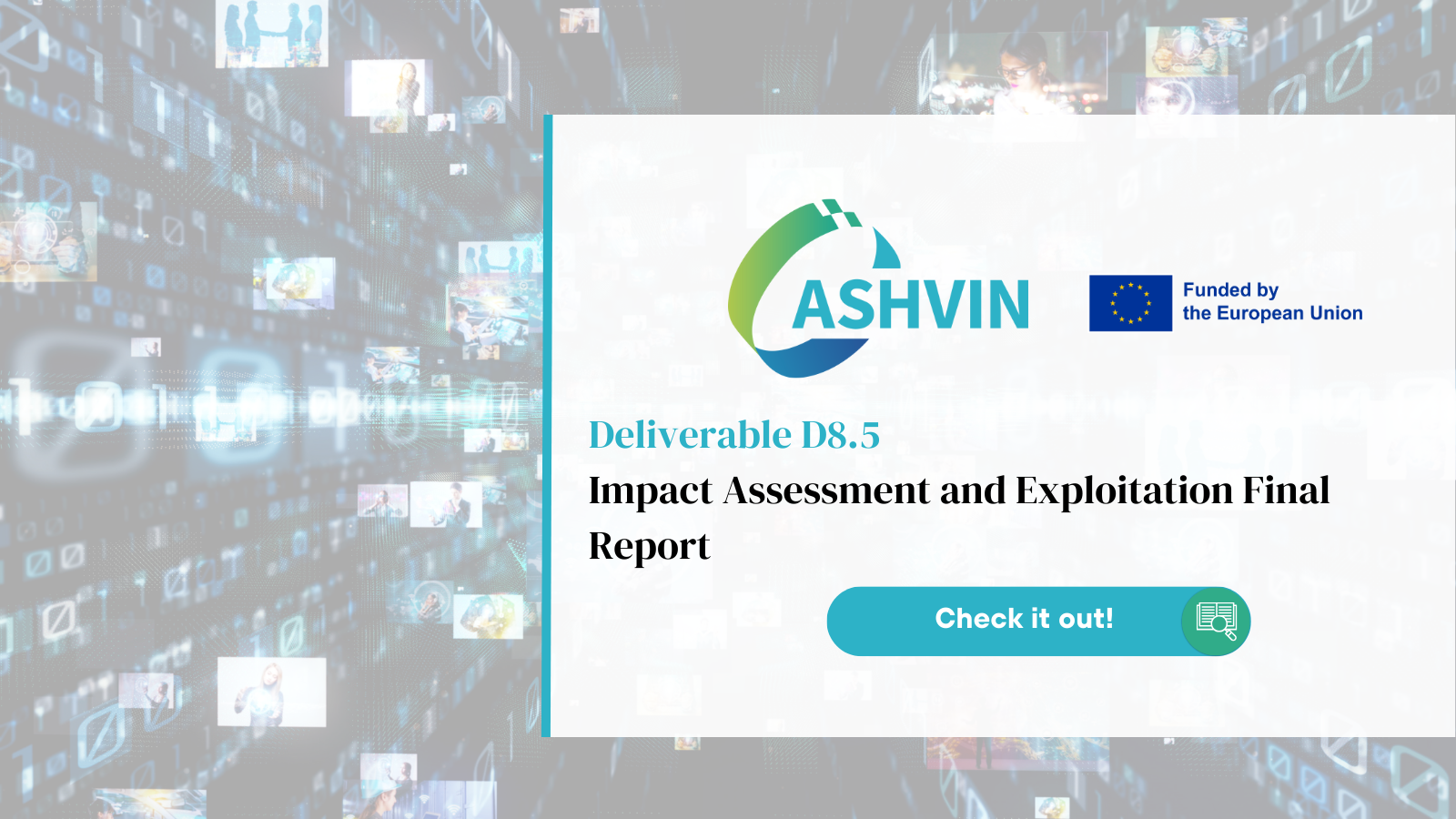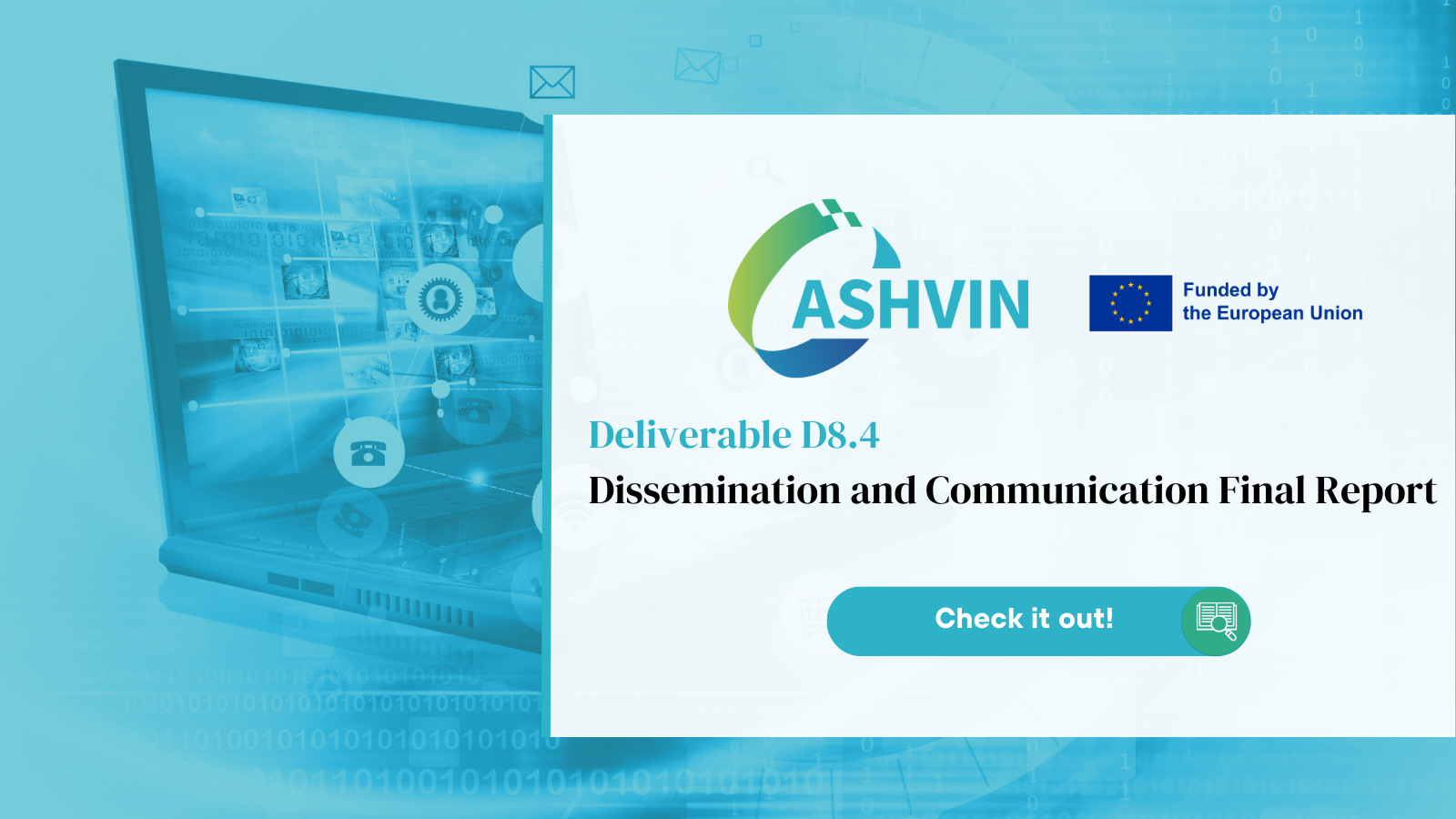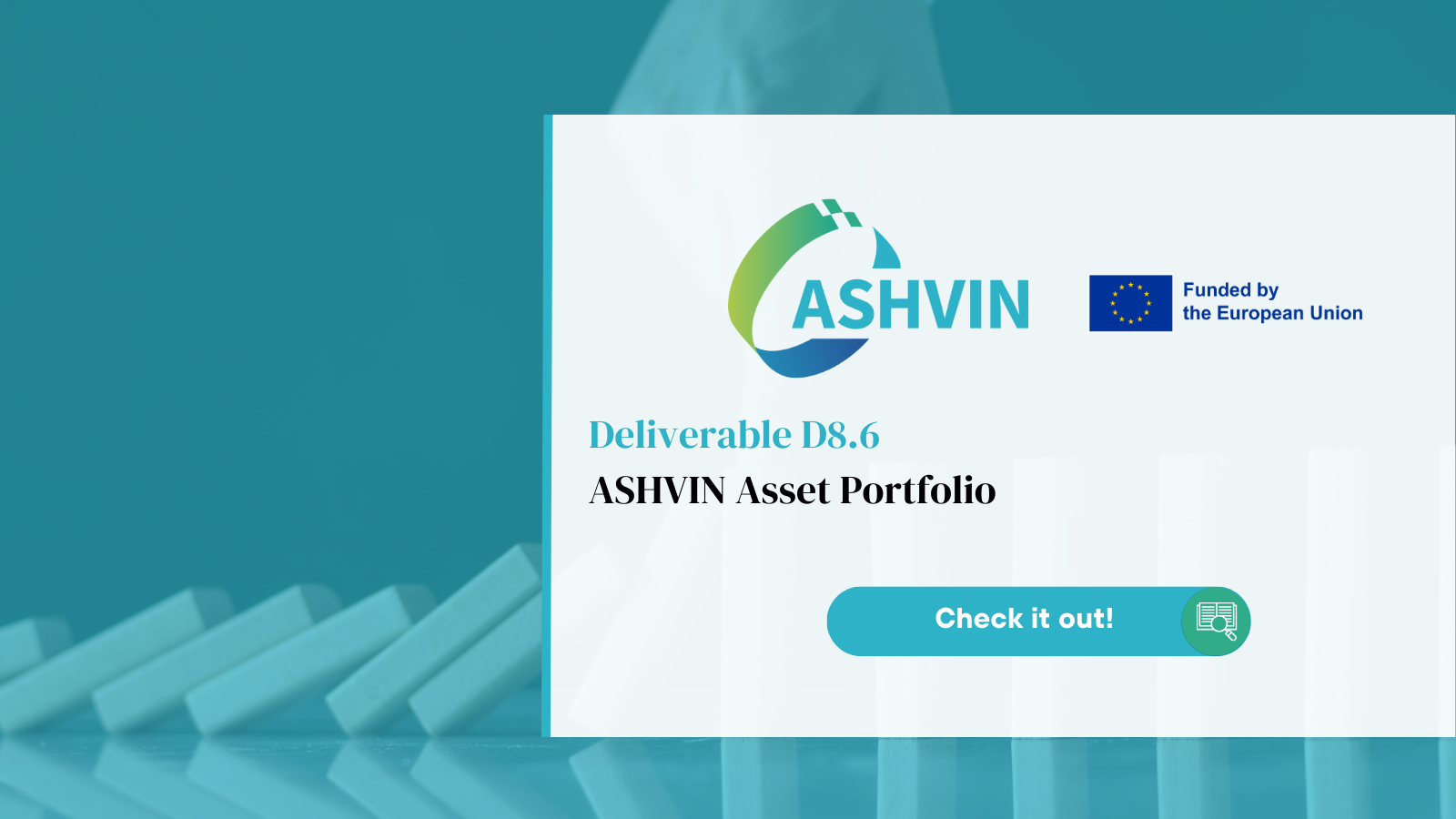Aiming to improve productivity and product quality of European construction industry through the development of an IoT based digital twin platform, ASHVIN attaches great value to the further development of BIM-related technologies, applied during the project. Standardization is one of very important aspects to be addressed during the development of an open-source digital twin platform integrating IoT, image technologies, a set of tools, methods and procedures for a holistic digital representation of a building’s lifecycle from planning and construction to maintenance (including but not limited to its visual model, behavior of all components, their interaction with each other and the cloud) and supported by real-time data.
The workflow of the envisioned platform requires high-quality data and their constant and consistent update, which can be ensured by the usage of proper BIM object libraries, free from the issues related to interoperability and proprietary data formats. Such issues represent the key barriers for manufacturers to incorporate their products effectively into the BIM process. In order to overcome this problem, a number of object standardization initiatives are employed, ranging from replacing former CAD standards, setting new requirements and properties, developing open formats or company’s private standards that align with other commonly used industry standards. However, cross-industry standardization is still lacking, which has an adverse effect on competitiveness and transparency in the building industry. Many industry representatives consider a lack of proper standardization to be one of major obstacles for the effective application of ICT in construction in general.
A step to bridge this gap was jointly undertaken by The Austrian Institute of Technology (AIT), Austrian Standards and the Austrian platform for digital innovations in construction industry “Digital Findet Stadt“. An initiative to create a BIM Library for interdisciplinary work, impartial and free of charge, will support all interested stakeholders.
In order to adapt the library to the variety of all their needs, the industry will be involved in its development. Companies will provide their suggestions, AIT will be responsible for the preparation of the content, and an independent committee of experts will decide which proposed solutions will be submitted to Austrian Standards as proposals for future standards. Such collaboration between SME, civil engineers, architects, developers and other important players will help the practitioners obtain standardized objects with the necessary properties from a centralized source in a timely manner.
You can find out more information about this initiative from here, here and here.
If you want to learn more about standards, please download our official deliverable D6.1 Standardization Plan and connect with us through our LinkedIn or our Twitter communities!





